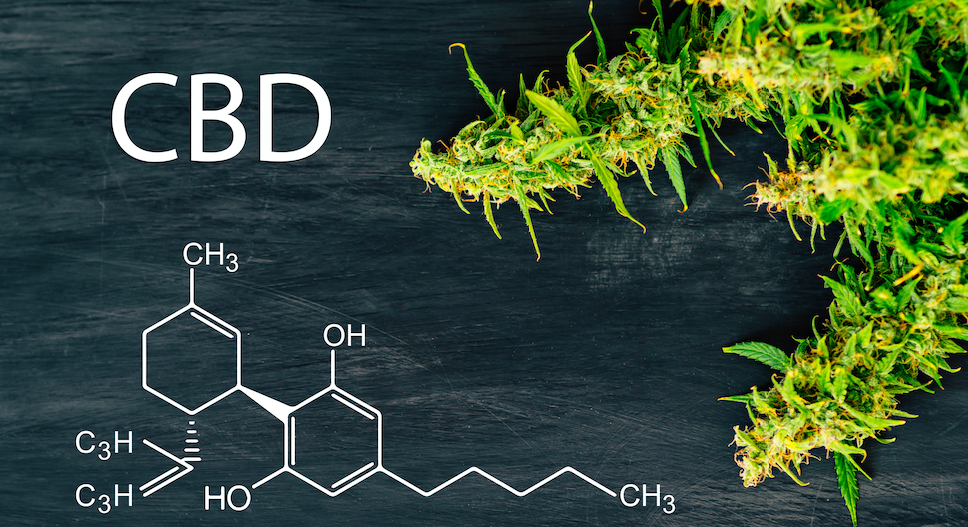11.21.2025
Sausage casings bulletin, November 21, 2025

...

News that California’s CBD legislation did not move forward is unfortunate for the segment. California would have joined a handful of states that include Virginia, Florida, and Colorado that have explicitly allowed for CBD in dietary supplements, as well as food and beverage. Attempts at legislation were deferred last fall and renewed recently with an amendment that would both allow CBD to be incorporated into the above products, and also regulate the industry there. Currently a full range of CBD products are widely sold in the state, without any oversight or safety testing like one sees in Florida.
Other cannabis policy advanced in their legislative session, providing tax relief and certainty to that industry. California has realized over $1 billion in taxes assessed on MJ since their adult use program began in January 2018. CBD products also have enormous economic opportunity when food and beverages are factored in. California’s lack of clarity on CBD policy is a barrier to corporations introducing products in that market.
California has a mind boggling 3.2 trillion economy, making it the largest in the US by that GDP figure, and would rank as the worlds 5th largest economy if the state were a sovereign nation. This puts California right behind Germany, and ahead of India. California markets are vast, and current policy stymies demand for hemp derivatives.
The state has also seen routine pushback from local governments on pan-cannabis policy that includes both retail MJ, extraction, and hemp production. Hemp policy in the state is complex, with cities even thwarting their own county regulations in favor of their own hyperlocal policy. Moratoriums are commonplace, and some counties have taken more permanent steps to prevent hemp production, like San Luis Obispo County. Their Board of Supervisors voted 4-1 in May for a 400-acre minimum and 2000’ setbacks, making it impractical to site any production in the county.
We discussed last week the wide-ranging issues that confront hemp and MJ production in various communities. Drying facilities are increasingly under pressure because of odor, and extraction facilities face more resistance in the state due to the historical manufacturing presence for MJ derivatives. Residents simply don’t want to smell cannabis growing, particularly in densely populated areas, and extraction facilities are met with a NIMBY reception.
Hemp and CBD policy continues to bring state’s rights issues to the forefront, and the trend for states to depart from federal policy is just beginning. Look to hemp production states like Colorado to circumvent policy like the DEA’s IFR, which criminalizes hemp extracts that exceed .3% THC, at any stage of manufacture. Hemp extracts by their very nature routinely exceed these limits tenfold, making this impractical. The USDA’s IFR will also be tested this fall, with that transition looming for states operating under the 2014 Pilot Program. States like Colorado have already brushed off federal policy as it relates to MJ, it is only logical that they may also diverge on hemp and CBD issues.
The California market for CBD and other cannabinoids is one of the best in the country. Bringing these products into the fold would both generate revenues, and jobs. MJ tax already funds a number of social programs. We’ve seen what California fuel markets have done with federal and state policy that encourages renewable diesel, for which The Jacobsen is the benchmark for feedstocks. Refiners are quickly expanding capacity there and elsewhere in the US because of the lucrative credits that facilitate 45% profit, as compared to 2% for ethanol. Just this move impacts the entire US economy to the tune of billions of dollars, but largely driven by California policy. California also has the potential to disrupt hemp markets and for now it is unclear what political forces have prevented CBD policy from moving forward there.